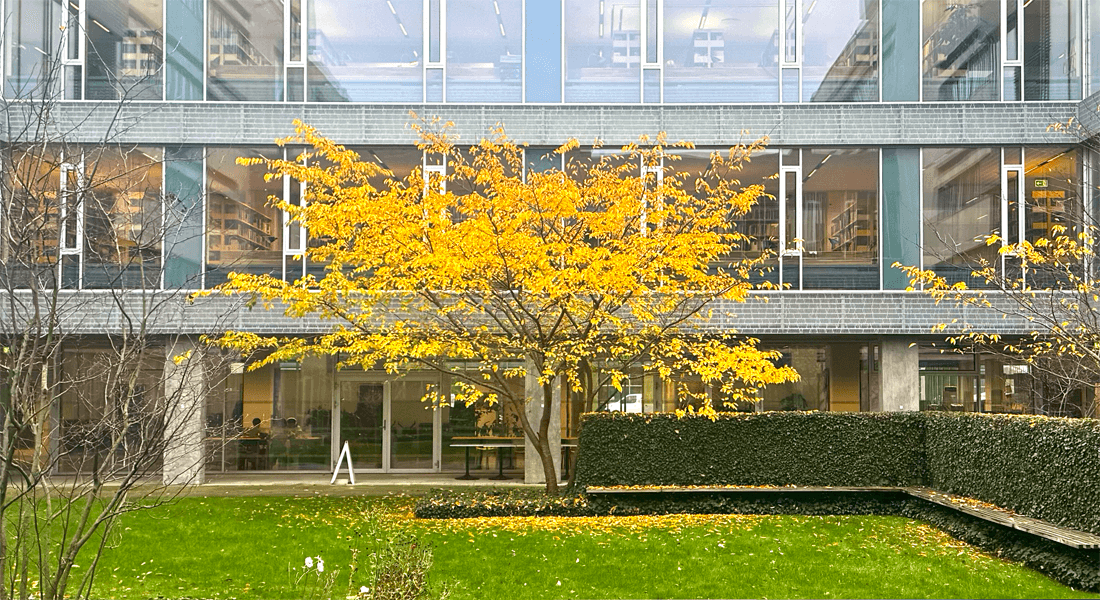New national research centre strengthens knowledge about crime and justice
A new research centre at the University of Copenhagen – the Copenhagen Centre for Criminology – brings together researchers from the Faculty of Law and the Faculty of Social Sciences in a joint effort to strengthen research into crime, punishment and justice in Denmark and globally.

Crime and legal policy are key issues in the Danish welfare state, but for many years Denmark has lagged behind in terms of overall research capacity in this area. The new Copenhagen Centre for Criminology (CCC) now aims to change this.
‘We need more knowledge about how crime arises, how it is combated, and how the legal system works in practice – both in Denmark and globally,’ says Mikkel Jarle Christensen, one of the initiators of the centre, and continues:
‘By pooling ressources in one centre, we can stimulate new research into what is happening on Danish streets and in prisons, on new digital platforms, and how Danish crime patterns are linked to broader global trends.’
An interdisciplinary powerhouse
CCC is the result of a collective collaboration between researchers from different disciplines. The centre brings together more than 30 researchers from both the Faculty of Law and the Faculty of Social Sciences and is the first of its kind in Denmark. The research covers a wide range of topics – from digital crime and juvenile crime to environmental crime and transnational crime. The centre's research also covers initiatives aimed at combating these types of crime and enforcing punishment.
‘What makes CCC unique is that it combines legal and social science expertise in new ways. This enables us to generate new knowledge about crime, punishment and justice that is both scientifically sound and practically applicable,’ says Vibeke Koushede, Dean of the Faculty of Social Sciences.
Social relevance and international collaboration
The centre will serve as a national and international hub for research, education and practical collaboration. Researchers at the centre are already leading major research projects funded by the EU and the Danish Council for Independent Research, among others, and they collaborate with universities such as Harvard, Cambridge and Toronto.
At the same time, CCC will be closely linked to the field of practice through collaborations with the police, courts, prisons and social authorities. A special Criminological Observatory will monitor current trends and ensure that the research is relevant to politicians, practitioners and the general public.
‘We are experiencing great demand for knowledge about crime and the legal system – both from students and from society. CCC will help to generate groundbreaking new knowledge for the benefit of both research and education,’ says Jacob Graff, Dean of the Faculty of Law.
Centre launch
Join us for the opening of the new centre 22 January.
Contact
UCPH Press service
E-mail: presse@adm.ku.dk
Press phone: +45 21 18 10 48 (weekdays 9 am - 4 pm)
